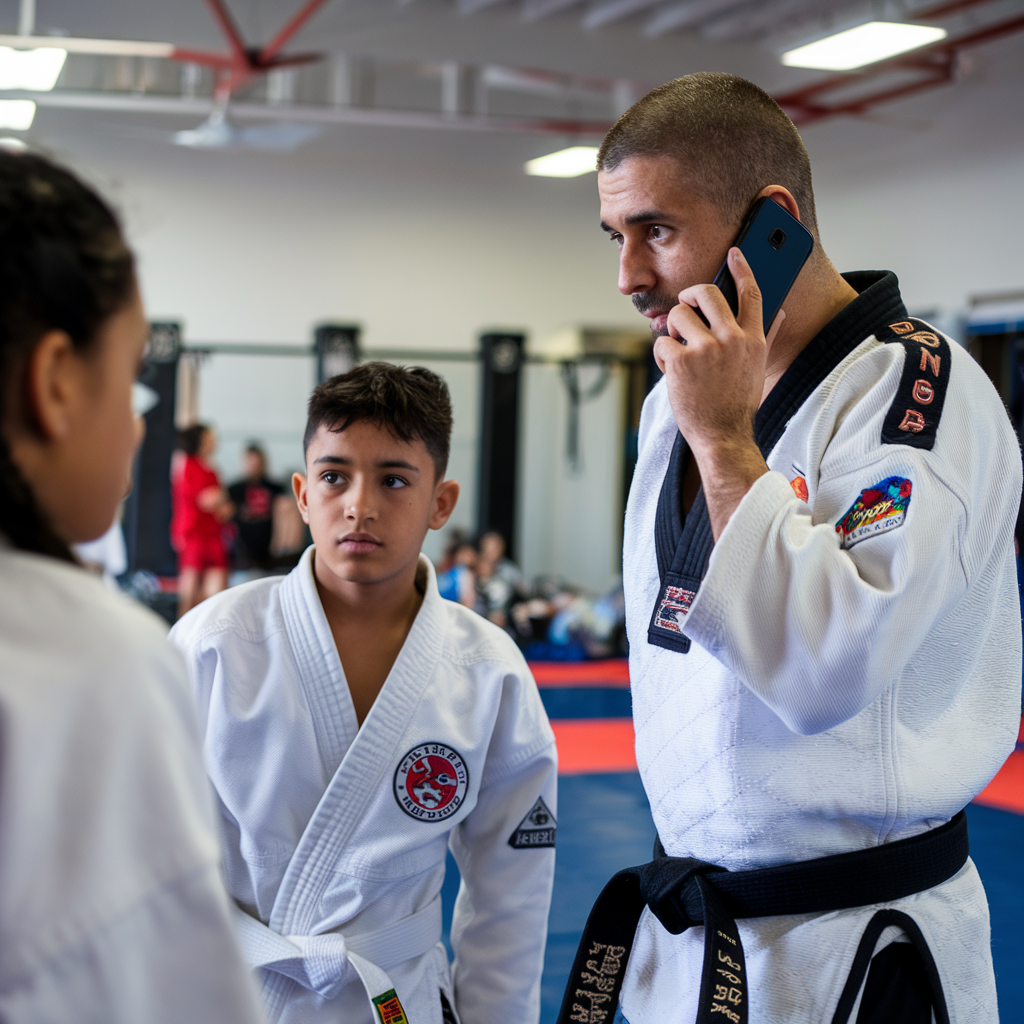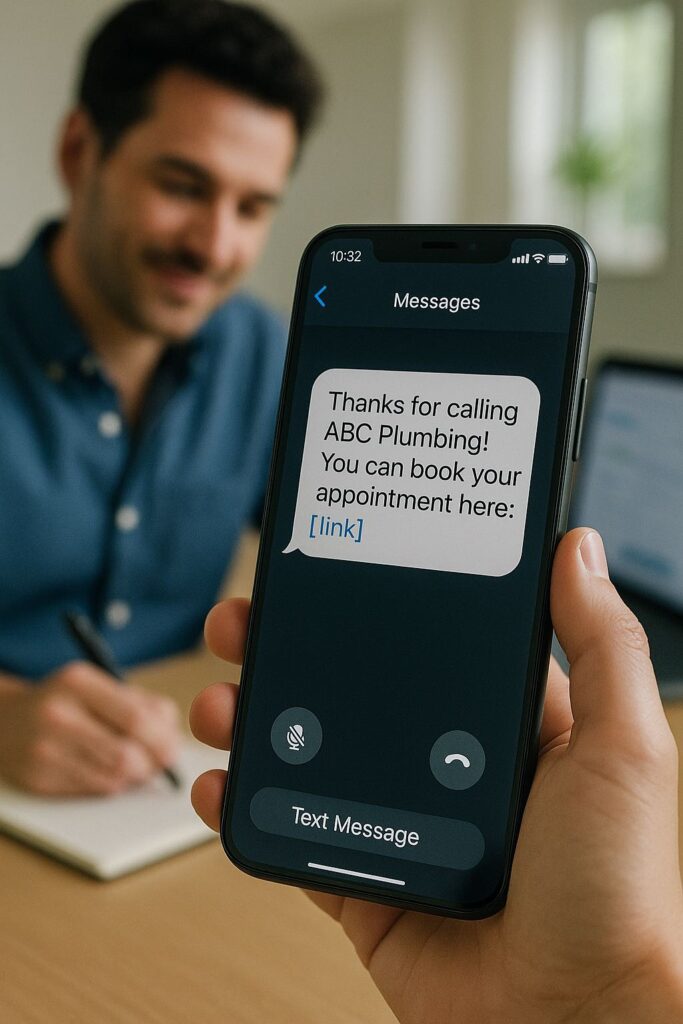
Customer complaints can sometimes feel like an aggressive attack, but instead of meeting them with resistance, agents can apply the principles of Aikido to guide conversations toward positive outcomes. Aikido, a Japanese martial art, focuses on blending with an opponent’s energy and redirecting it rather than fighting against it. At Call Care Pro, we believe these techniques can help agents turn complaints into solutions while maintaining harmony with customers.
Staying Centered: Remaining Calm Under Pressure
Aikido practitioners are trained to remain calm and balanced, no matter how intense the situation. In customer service, this means not reacting emotionally to complaints but instead staying composed and focused on resolving the issue. Taking a deep breath and listening actively can prevent escalation and create a more productive dialogue.
Remaining centered also involves emotional intelligence—understanding how to regulate one’s own emotions while recognizing and responding to the emotions of others. When customer service agents stay composed, they encourage customers to do the same, leading to more effective problem-solving and reduced tension in conversations.
A centered mindset also promotes clarity in communication. When agents focus on the core issue rather than reacting defensively, they can approach problems logically and efficiently. By maintaining a calm and assured tone, they create a reassuring atmosphere that fosters trust and cooperation.
Redirecting Negative Energy
In Aikido, rather than blocking an attack head-on, practitioners use their opponent’s force to redirect it into a controlled movement. Similarly, customer service agents can acknowledge a customer’s frustration and shift the conversation toward problem-solving. Instead of saying, “That’s not our policy,” an agent could say, “I understand your concern. Let’s find the best way to resolve this for you.”
Redirecting negativity doesn’t mean ignoring complaints—it means transforming them into constructive discussions. Agents can practice this by using positive language, reframing issues as opportunities, and focusing on solutions rather than obstacles. This approach not only de-escalates conflicts but also fosters a sense of collaboration between the customer and the company.
Aikido’s principle of redirection also teaches that resistance often amplifies aggression. When agents avoid power struggles and instead guide conversations with patience and understanding, customers are more likely to feel heard and cooperate toward a solution.
Using Empathy as a Defensive Technique
Aikido is not about overpowering an opponent but rather guiding them toward a peaceful resolution. In customer service, empathy is a powerful tool for diffusing tension. By expressing understanding—“I see how that could be frustrating”—agents validate the customer’s feelings and create a foundation for cooperation.
Empathy involves both verbal and non-verbal communication. Tone of voice, active listening, and thoughtful responses all contribute to making the customer feel valued. When customers believe that an agent truly understands their frustration, they are more likely to remain open to solutions.
Additionally, empathy allows agents to anticipate customer needs. By recognizing patterns in customer behavior and concerns, agents can proactively address issues before they escalate, reducing overall conflict and enhancing customer satisfaction.
Flowing with the Conversation
Aikido movements are smooth and adaptable, allowing practitioners to flow with their opponent’s energy. Similarly, customer service interactions should be fluid, adapting to the customer’s tone and concerns while steering the conversation toward resolution. Asking open-ended questions like, “How can I best assist you today?” keeps the interaction constructive.
Flowing with the conversation means being flexible and responsive rather than rigid and reactive. Agents who adopt this approach can adjust their communication style to match the customer’s personality, whether they need a more direct resolution or a more detailed explanation.
Furthermore, adaptability in customer service is crucial for handling unexpected challenges. Just as Aikido practitioners train for various scenarios, agents should be equipped to manage different types of customer interactions, from technical issues to emotional complaints.

Finding Win-Win Solutions
Aikido teaches that true victory comes from resolving conflict without harm. In customer service, the goal is not just to “win” the conversation but to find a solution that satisfies both the customer and the company. Offering alternatives, providing clear explanations, and ensuring the customer leaves the interaction feeling valued all contribute to a successful resolution.
A win-win solution requires a balance of assertiveness and accommodation. Agents should be empowered to make decisions that align with company policies while also prioritizing customer satisfaction. Sometimes, this means thinking outside the box to offer creative solutions that address the root of the customer’s concern.
Moreover, ensuring follow-up is a crucial part of resolution. Checking back with customers after an issue has been resolved shows commitment to their satisfaction and reinforces trust in the brand.
The Aikido Approach to Customer Service: A Continuous Practice
Just as Aikido requires consistent practice and refinement, customer service excellence is an ongoing journey. At Call Care Pro, we emphasize using these techniques to create positive customer experiences. Encouraging agents to apply the principles of calmness, redirection, empathy, adaptability, and collaboration ensures that complaints are transformed into valuable opportunities for growth and satisfaction.
By applying Aikido’s principles—remaining calm, redirecting negativity, showing empathy, and adapting to conversations—customer service agents can handle complaints more effectively and turn conflicts into opportunities for customer satisfaction.
Are you ready to enhance your customer service skills with the Aikido approach? Contact Call Care Pro today to learn how we can help you achieve harmonious and effective customer interactions!

